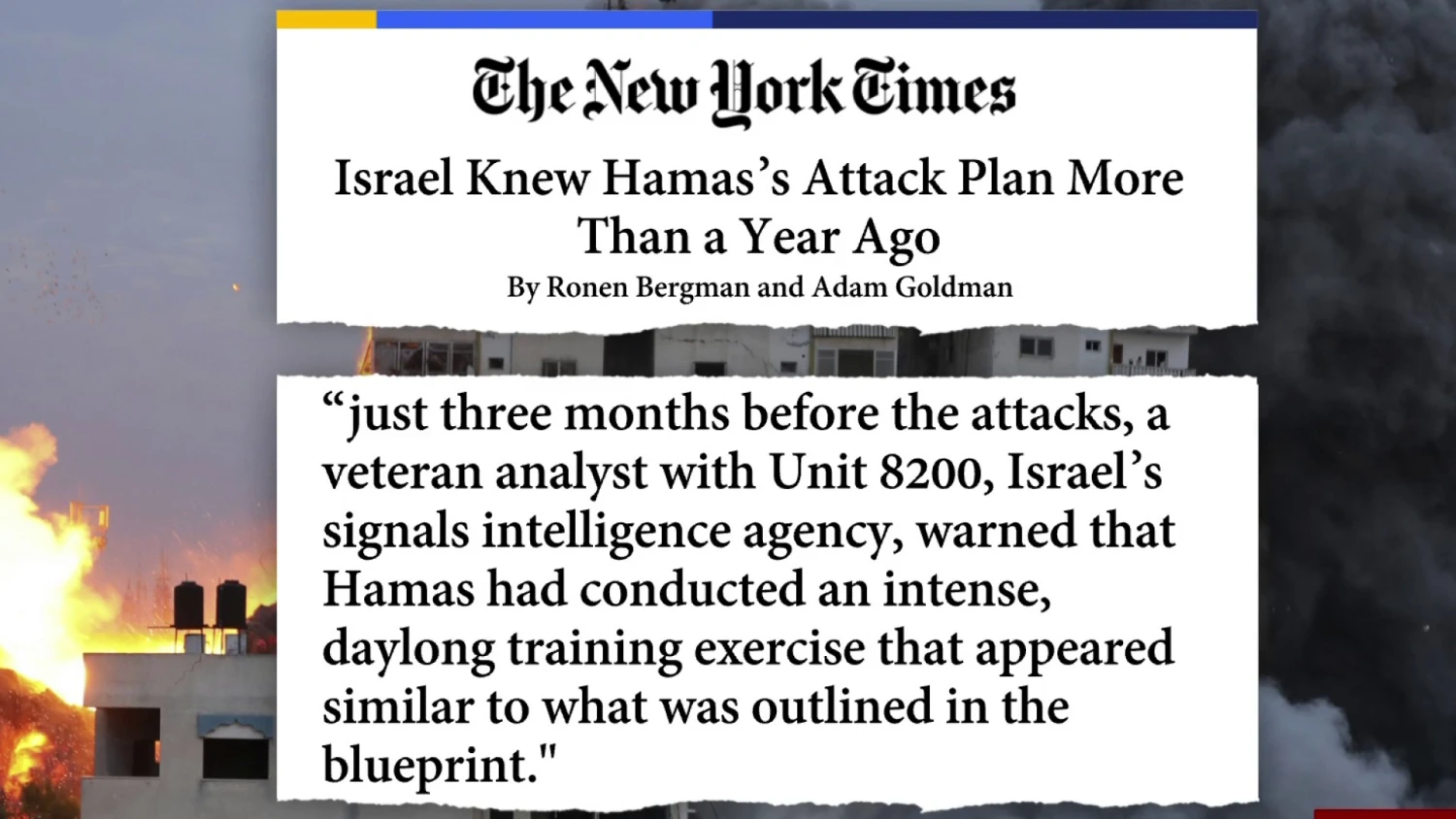After families of fallen and captives ask court to compel Netanyahu to establish a National commission of Inquiry, ministers decide to postpone decision on probe into failings leading to October 7 massacre for three months
ynet
The government told the Supreme Court on Tuesday that it was too soon to launch an inquiry into the ‘intelligence failures’ that led to the October 7 massacre by Hamas.
Adv. Michael Ravilo acting as the private lawyer for the government informed the court that Prime Minister Benjamin Netanyahu has directed the cabinet to re-evaluate the decision to establish a National Commission of Inquiry in three months time.
‘A significant majority of members of the government believe the time is not yet appropriate to form such a commission,’ Ravilio said in response to a petition demanding the immediate establishment of the commission, by the families of murdered and abducted victims of the attack.
In his statement Ravilo said that the ministers and Netanyahu spent three and a half hours discussing the matter on Sunday. ‘According to the Cabinet Secretary, a majority of ministers agreed that the ongoing state of war makes this the wrong time to form a commission.’
He said different proposals were considered on how to investigate the events that led to the massacre when the war ends, during the meeting. ‘The prime minister, however, instructed the Cabinet to reconvene in 90 days to revisit the issue.’
The discussion comes after the Supreme Court imposed a deadline two months ago requiring the government to act. During the recent session, tempers flared as several ministers criticized Attorney General Gali Baharav-Miara. Netanyahu voiced his strong opposition to the immediate formation of a National Commission of Inquiry. ‘We cannot claim the war is over. We cannot afford to divert critical personnel from their responsibilities to focus on legal proceedings while Israel faces immense challenges,’ he said.
Concerns over personal accountability have fueled Netanyahu’s resistance, with fears that the commission of inquiry would place the blame for failures squarely on his shoulders. Most ministers sided with Netanyahu.
The Attorney General questioned why the opinion of Shin Bet Chief Ronen Bar had not been shared with ministers after he sent a letter outlining his insistence that the establishment of the commission is urgently needed and after he was barred from participating in the cabinet meeting.
‘He’s just a clerk—what relevance does he have to this issue?’ Netanyahu said angrily in response. ‘This is absurd. What authority does he have to offer an opinion without being asked, and when it isn’t even related to him?’
Liad Baram, father of Staff Sergeant Itay Baram, who was killed in battle on October 7, expressed frustration in an interview with Ynet: ‘I don’t understand why the state won’t commit to its people, to itself, to the bereaved families, to the hostages, to everyone. Why won’t they promise to establish this? It’s for us—not for external purposes. To this day, we haven’t received answers about what happened. Everything we know comes from our own investigation—conversations with Itay’s friends and commanders. The state hasn’t provided any answers. As a citizen and a bereaved father, I deserve an explanation for what led to this tragedy.’
